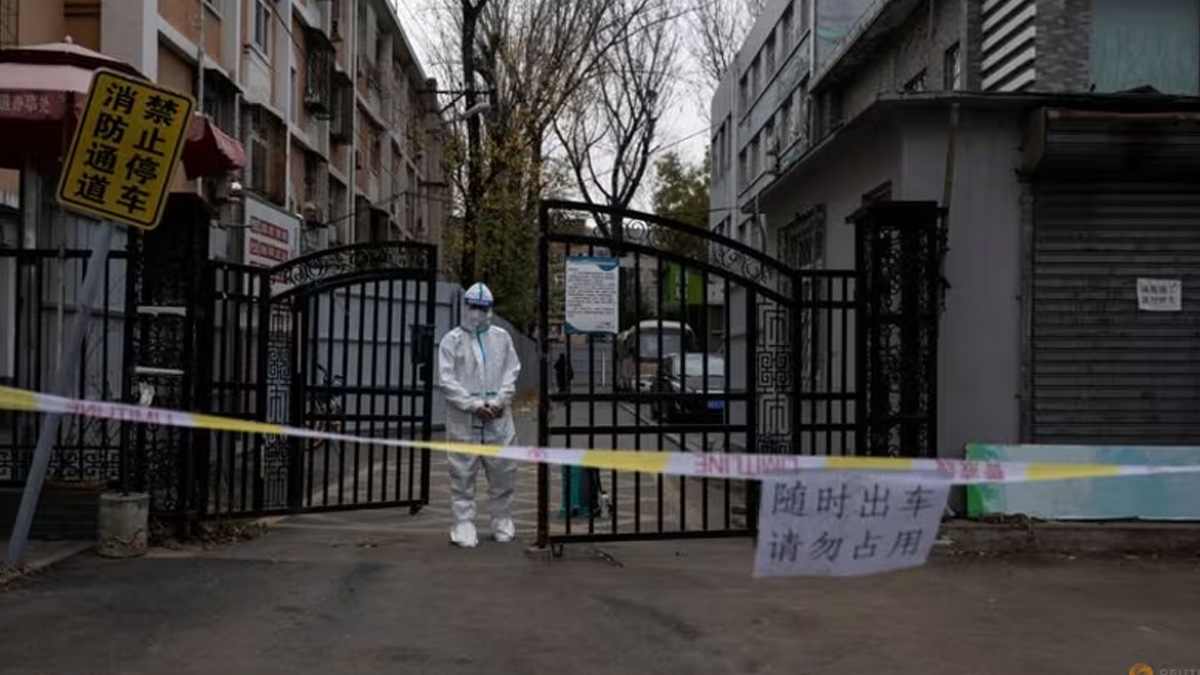-1735630036371.webp)
Five years after the emergence of COVID-19, the World Health Organization (WHO) has once again urged China to provide critical data and access necessary to unravel the origins of the pandemic. In a statement released on Monday, the UN health agency highlighted the importance of transparency and global cooperation to prevent future health crises.
Table of Content:-
A Call for Clarity and Cooperation
The WHO’s appeal underscores a "moral and scientific imperative" to understand the genesis of the virus that upended lives, economies, and health systems worldwide. “Without transparency, sharing, and cooperation among countries, the world cannot adequately prevent and prepare for future epidemics and pandemics,” the organisation stressed.
-1735630553397.jpg)
The call comes as a stark reminder of December 31, 2019, when the WHO’s China office first noted reports of “viral pneumonia” in Wuhan. The subsequent months saw the virus spiral into a global pandemic, altering every facet of human life.
The agency emphasized the need to reflect on the lives lost and impacted, to recognize the ongoing struggles of those with Long Covid, and to express gratitude to the healthcare workers who bore the brunt of the crisis. "Let us commit to learning from COVID-19 to build a healthier tomorrow," the statement added.
Also Read: Whooping Cough Cases Hit Decade-High in the US: Prevention Tips You Need to Know
Lessons Learned, Challenges Remain
WHO Director-General Tedros Adhanom Ghebreyesus recently addressed the global preparedness for the next pandemic, presenting a mixed assessment. “If the next pandemic arrived today, the world would still face some of the same weaknesses and vulnerabilities that gave COVID-19 a foothold five years ago,” Tedros noted. However, he acknowledged progress in understanding and strengthening defences against future health emergencies.
The pandemic exposed glaring gaps in global health systems, but it also fostered resilience and innovation. Nations have adopted measures to enhance pandemic preparedness, yet fundamental weaknesses persist. The ongoing challenge lies in bridging these gaps effectively and equitably.

Progress on a Global Pandemic Treaty
In response to the devastation caused by COVID-19, the WHO’s 194 member states began drafting an accord in December 2021 aimed at pandemic prevention, preparedness, and response. While significant progress has been made, critical disagreements remain unresolved.
A key sticking point in negotiations revolves around the obligation to swiftly share emerging pathogens and ensure equitable access to the benefits derived from them, such as vaccines and treatments. This divide often pits wealthier nations with robust pharmaceutical industries against lower-income countries that fear being sidelined during future crises.
Also Read: FDA Approves Weight-Loss Drug Zepbound For Obstructive Sleep Apnea
With a deadline of May 2025 for finalising the treaty, the WHO hopes that member states can overcome these differences to create a unified framework for addressing pandemics.
The Path Forward
As the world marks five years since COVID-19 first surfaced, the WHO's renewed plea for cooperation and transparency from China serves as a crucial reminder of the stakes involved. Understanding the origins of the virus is not just about uncovering the past but about safeguarding the future.
The pandemic revealed the interdependence of nations in facing global health threats. By committing to open collaboration, sharing data, and building stronger health systems, the world can better prepare for the challenges ahead. The journey toward a comprehensive pandemic treaty may still face hurdles, but its successful conclusion could mark a turning point in global health security.
In the words of the WHO, learning from the painful lessons of COVID-19 is essential to "build a healthier tomorrow." The call for transparency, cooperation, and preparedness resonates as a shared responsibility for all nations in an increasingly interconnected world.
Also watch this video
How we keep this article up to date:
We work with experts and keep a close eye on the latest in health and wellness. Whenever there is a new research or helpful information, we update our articles with accurate and useful advice.
Current Version